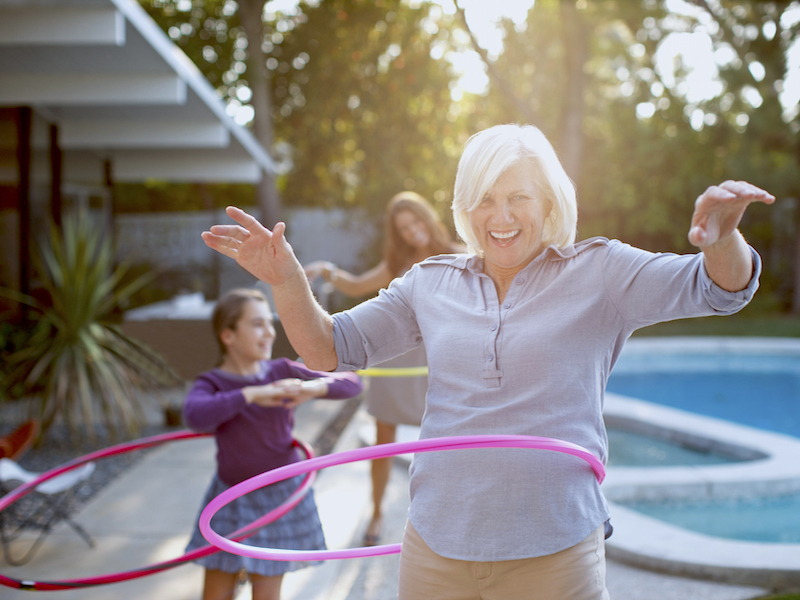What Teachers Should Know About Students with Hearing Loss
When a student with hearing loss enters your classroom, it may be natural


When a student with hearing loss enters your classroom, it may be natural

Have you ever wondered why hearing loss affects people in so many

Many people understand that hearing loss can result from loud noise, aging